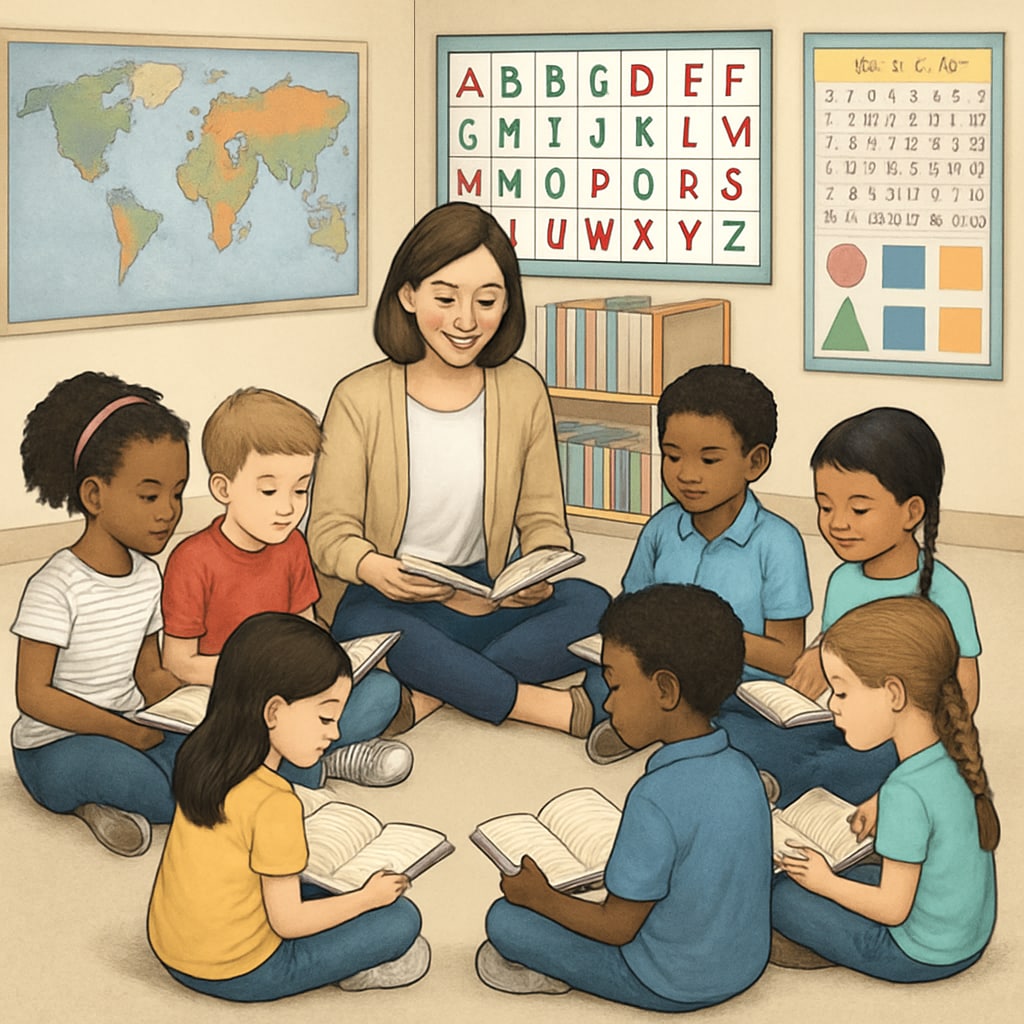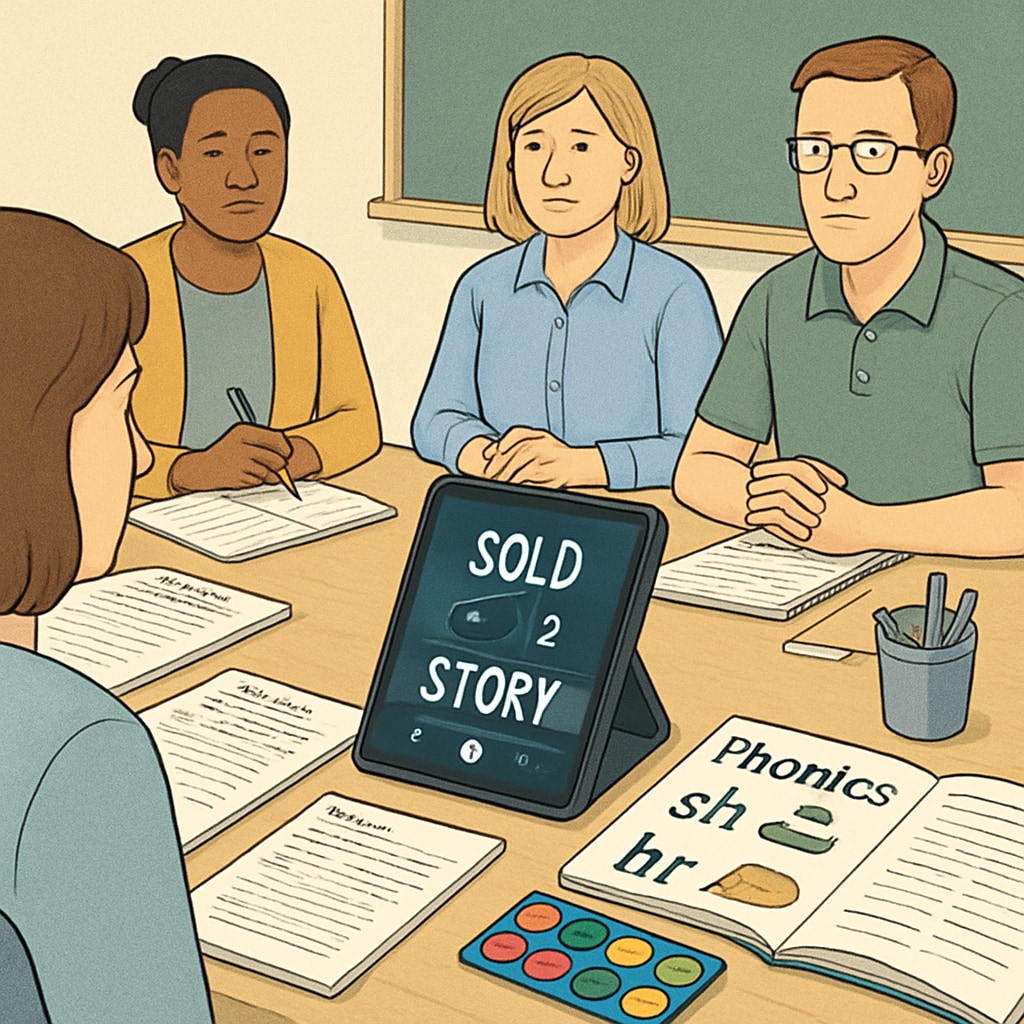In the realm of reading instruction, educational resources, and child education, the “Sold a Story” podcast stands out as a groundbreaking tool. This investigative series exposes the gaps between popular reading methods and scientifically proven strategies. For educators and parents alike, it provides a roadmap to help children develop essential literacy skills.
The Science Behind Effective Reading Instruction
Traditional reading programs often rely on outdated theories, such as the “three-cueing system” (guessing words based on context or pictures). However, decades of research from reading science confirm that explicit phonics instruction is critical for most learners. The podcast highlights how:
- Phonemic awareness (identifying sounds in words) forms the foundation
- Systematic phonics instruction boosts decoding skills
- Fluency and comprehension grow from these building blocks

Why “Sold a Story” Resonates with Educators
The podcast’s investigative journalism reveals how flawed theories became entrenched in schools. For example, it traces the origins of “balanced literacy” programs that minimized phonics. As a result, many students struggled unnecessarily. Key takeaways include:
- How education publishers promoted unproven methods
- Stories of teachers who shifted to science-based approaches
- Case studies of schools that improved outcomes with structured literacy
According to educational research, evidence-based reading instruction reduces achievement gaps. The podcast makes these findings accessible to all stakeholders.

For educators seeking to transform their reading instruction methods, “Sold a Story” offers both revelation and practical solutions. Its compelling narrative bridges the gap between research and classroom practice, making it a vital resource in modern education.


